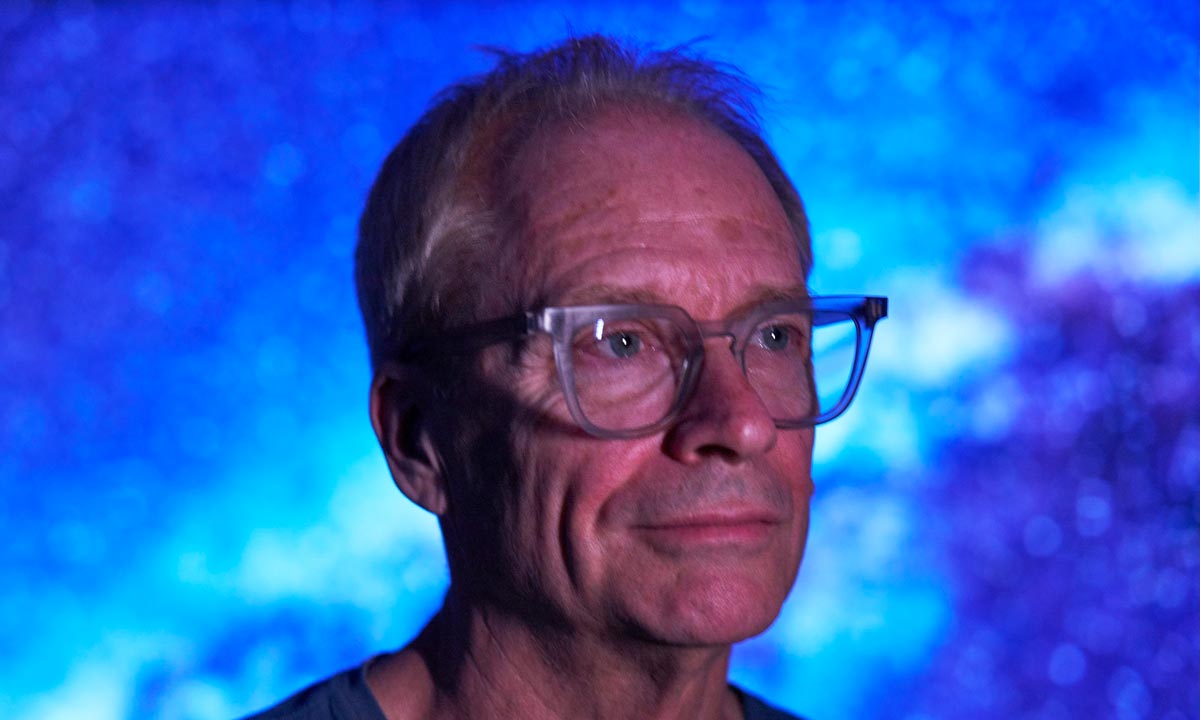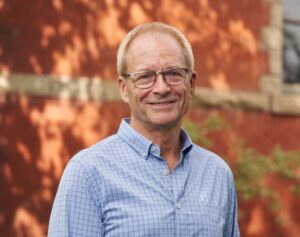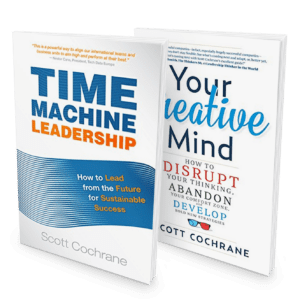
The Power of Belief in Action
Steve G. was a neighbor in my office building, a practicing attorney whose schedule was packed to overflowing. I would often run into him while grabbing coffee in the cafeteria but didn’t know much about him. One day I asked him if he wanted to grab lunch so we could get to know each other better. That was around April and he told me his earliest opening wasn’t until June. I said, “Steve, it’s just lunch… you have to stop and eat, don’t you?” He agreed to go, but blocked out just 45 minutes. Little did either of us know that it would turn into a three-hour lunch.
During our conversation, Steve shared with me the most vulnerable point in his life, which had happened more than 30 years earlier, and how he was able to turn it all around.
It was Dec. 30, a day he will never forget. He attended a going away party for a colleague in his firm. When it was time to pay the check, Steve realized his wallet was in his car that was parked across the street. He looked both ways, did not see any traffic, and stepped off the curb. Suddenly a car seemed to come out of nowhere, bearing down on him. Being athletic, Steve tried to leap out of the way. He almost made it, but his foot caught in the right headlight, hurdling his body into the car and his head through the windshield. The injuries he suffered plunged him into a coma. He finally regained consciousness three weeks later.
At that time, Steve’s doctors told his father that he would most likely never walk, his speech would be heavily impaired, and he would certainly never be able to practice law again. Steve was a young phenomenon with a bright future ahead of him, and it had all changed in a moment. It seemed that the passion he had pursued his whole life had crashed into a dead-end of injury and debilitation.
But then Steve’s dad did something that changed everything. He lied. Or, as it turned out, he told the truth.
When his father heard the doctors’ devastating prognosis, he chose not to share the bad news with Steve. Instead, as he stood by Steve’s hospital bed, he told him: “I talked to the doctor, and you’re going to be just fine. It isn’t going to be an easy recovery and you’re going to have to work really hard, but you can do it.”
Steve’s dad never mentioned a word about the doctor’s real diagnosis until years later. As it turned out, that decision was a determining factor in Steve’s recovery.
Upon hearing those optimistic words from his father, feelings of hope and belief began to fuel Steve’s process of healing. Thoughts, belief, conviction and emotion cause distinct neuron-firing patterns within the brain. These patterns are the catalyst of biochemical releases throughout the body. Biochemical reactions to mental and emotional stimuli occur not only in the brain, but also in essentially every system of the body. Hope and positive belief generate a completely different biochemical production than pain and despair.
Steve initiated a process of healing from within which enabled him to push himself to a different level of recovery; physically, emotionally, and spiritually.
Within three years Steve was back in the office proving all the doctors wrong. Although he wanted to move back into courtroom deliberations, lingering speech impediments limited him to case preparation. Instead of feeling victimized, he focused his unwavering drive on becoming the best case preparer ever.
Today, he has his own law practice and is one of the most respected appellate case preparers in Florida, California and Washington, D.C. You would have no clue anything had happened to him unless he were to tell you. His speech has a pleasant methodical rhythm and unless you look really closely you will not even notice the slightest limp as he walks.
Steve credits his recovery to his inner belief that he was going to get better. He feels that if his father had told him the doctors’ grim prognosis, he most likely would have lived out that prophecy instead. He also shares that the accident was the catalyst of a deeper reflection on his underlying values and the virtues of life that made him a better person.
The powerful effects of our thoughts and beliefs are no less important in business.
Learnings to Take Forward
- 1Slow down and be aware of opportunities to commit acts of kindness. So many times, we are in such a hurry that we allow ourselves to breeze right by those very opportunities.
- 2Never miss an opportunity to catch people doing something right – and tell them about it. This can have a tremendous impact on professional relationships, colleagues at work, family and friends. In your communication, it’s most effective to include:
- • What they specifically did that was right.
- • What advantages that action brought to the situation.
- • What greater benefit to the organization or environment.
- 3Recognize that sometimes it’s the small things that make a big difference. The simple act of picking up someone’s fallen jacket or letting a car enter into a heavy traffic lane can make a meaningful difference to their day and perhaps yours as well, as they wave in gratitude.
Steve has become one of my personal heroes. He is living proof of the power of belief to shape the results we get. Henry Ford once said, “Whether you think you can, or you think you can’t – you’re right.” The mind-body connection plays a startling role in the results we get.




